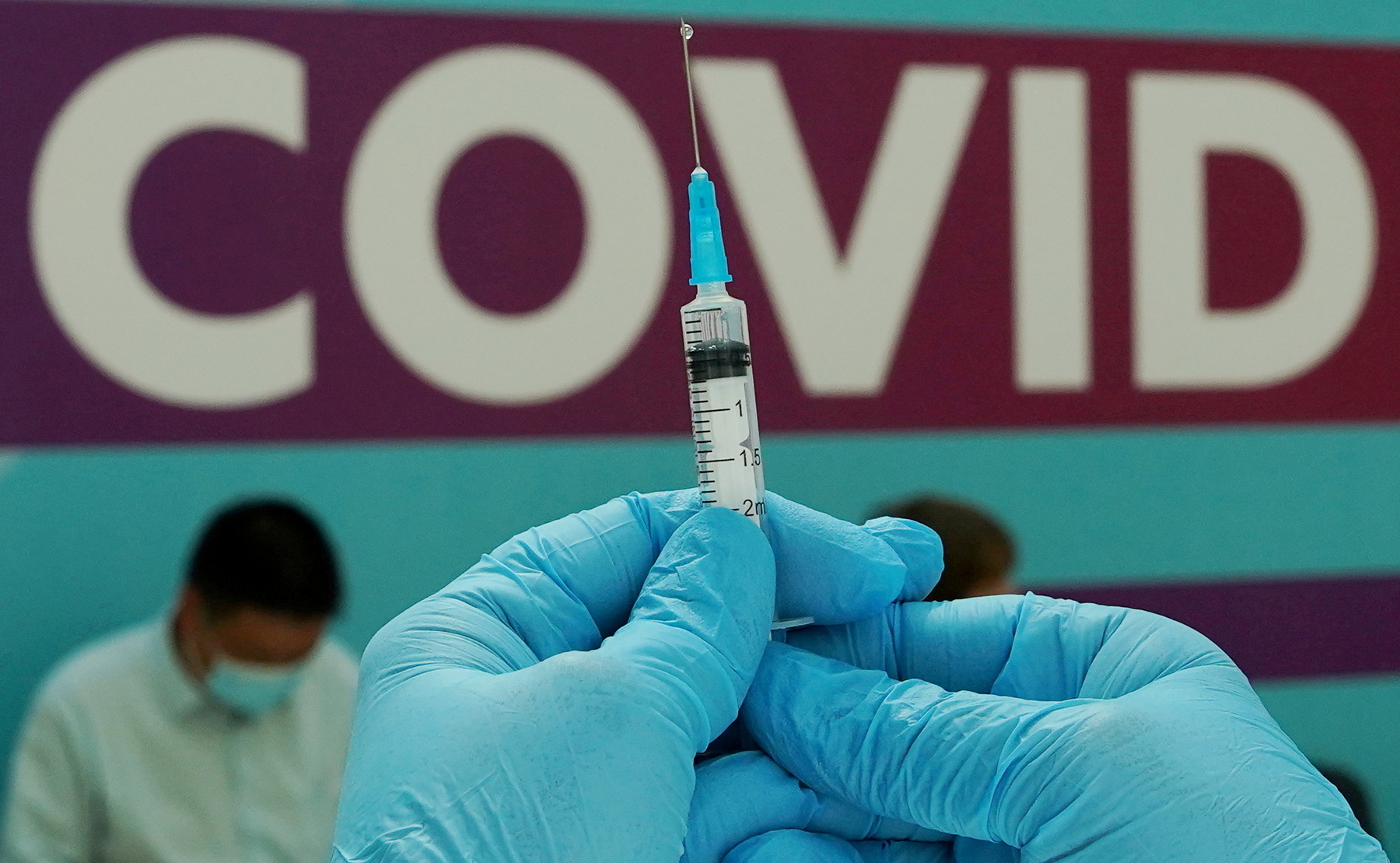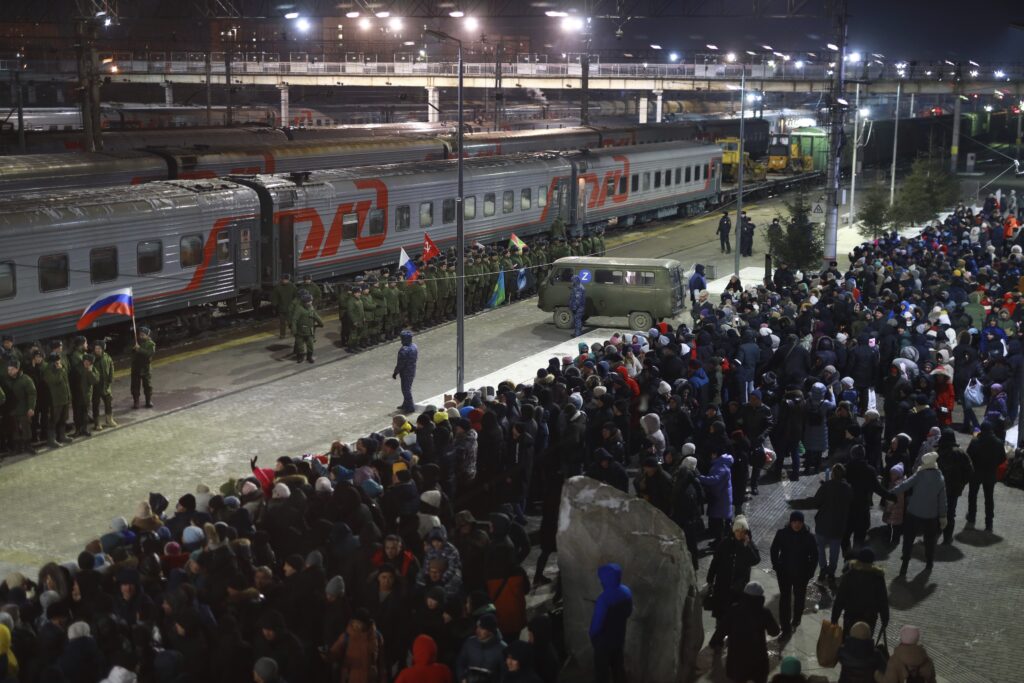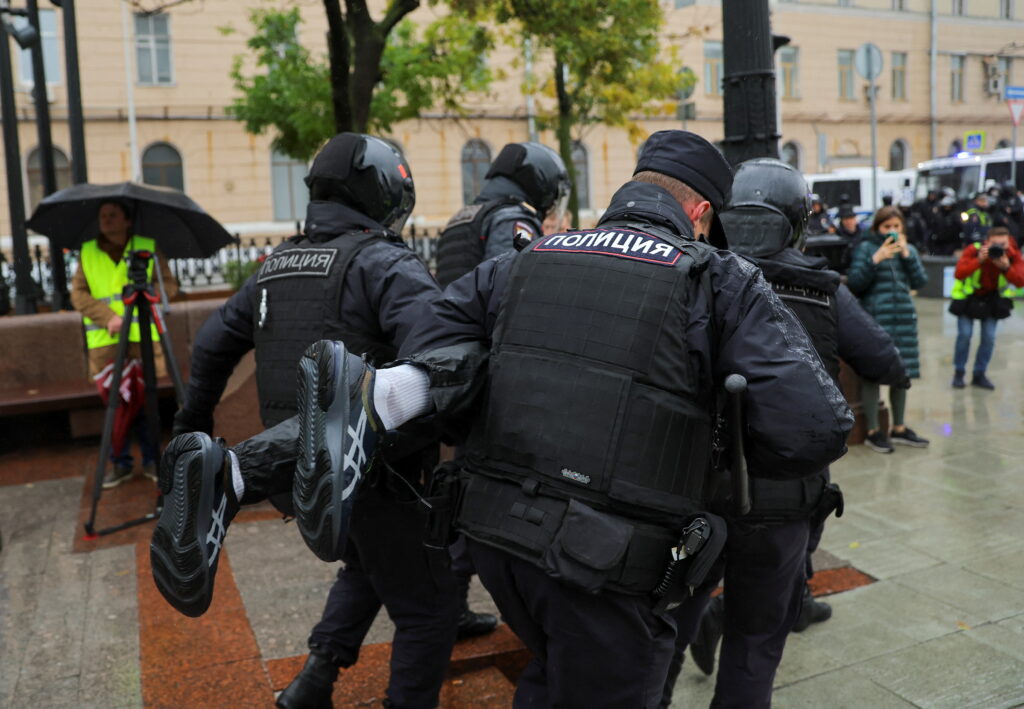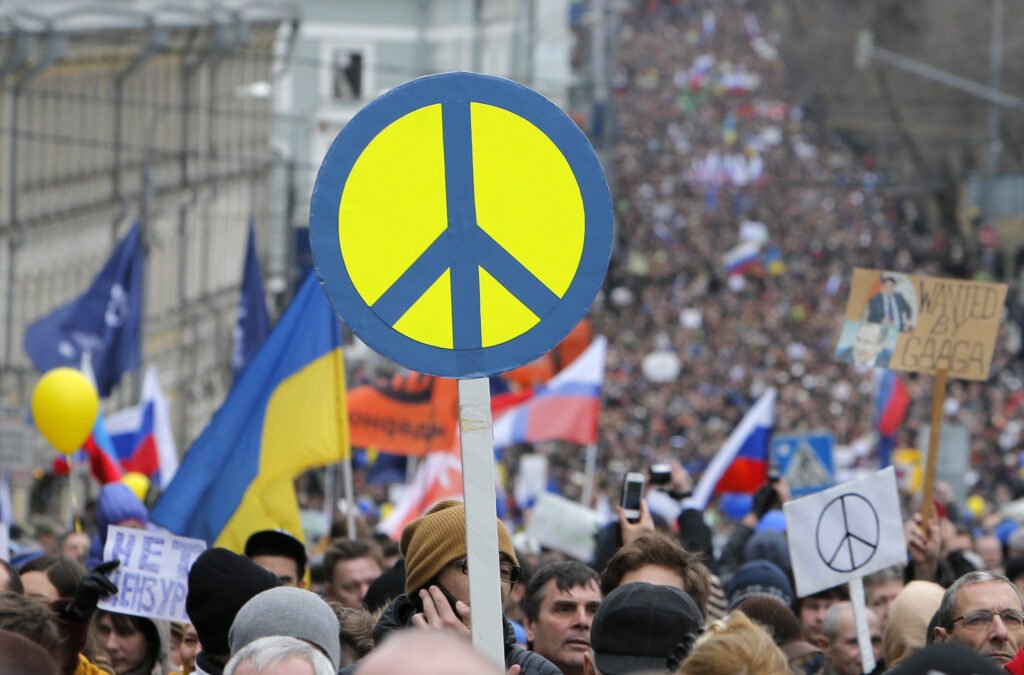Over nearly two years since the pandemic began, the world has adapted to the new reality economically, socially and politically. Many governments have been put to the test during elections, and COVID-19 has, undoubtedly, affected electoral schedules and voting results.
Since the onset of the pandemic, the general trend in prosperous democracies has seen a higher survival rate of governments compared with middle-income countries. Many governments, due to successful control of the coronavirus, have gained a bonus in the form of increased political support (South Korea, New Zealand and the Netherlands). Israel has been a notable exception among democracies, but even there an effective vaccination campaign and ‘rallying under the banner’ helped Netanyahu’s cabinet for a while. Although the pandemic was used to offset the consequences of the protracted government crisis, a reshuffle in the aftermath of the spring 2021 election could not be prevented.
In authoritarian states, the pandemic gave a free hand to power elites and facilitated the further accumulation of power in private hands and a crackdown on the opposition. In Egypt and Uganda, the ruling regimes clung to power despite constant shortages of personal protective equipment and ineffective management of restrictive measures. However, the presidential election in Belarus ended in mass protests and unprecedented levels of violence on the part of the authorities. Either way, one cannot speak of a uniform medium-term effect of COVID-19 on governmental sustainability and political support.
During the coronavirus crisis, Russia held a constitutional referendum in the summer of 2020 and Duma elections in September 2021. While the vote on constitutional amendments met the expectations of those who had initiated it, forecasts for the party of power in the Duma elections were more pessimistic. Observers stressed the low level of support for the United Russia party and the deterioration of the overall level of confidence in the regime as a whole. The Russian ruling class failed to turn the invention of a vaccine and its accessibility into a success story. Rather, on the contrary, restrictive measures and compulsory vaccination caused further resistance and distrust. In the autumn of 2021, Russia reached one of the highest mortality rates in Europe. Hospitals have been overcrowded, and statistics boast sad records. All these circumstances suggest that support for the government should be declining.
How have Russian citizens’ political sentiments and priorities changed during the pandemic? In order to answer this question, we will use data from an online longitudinal study, the first part of which took place in June 2020, and the second, in July 2021, shortly before a new wave of COVID-19 in the autumn. The study was conducted as part of the Values in Crisis survey under the auspices of the World Values Survey. The data is also unique in that the same respondents were interviewed in both parts of the survey.
Anxiety levels are gradually decreasing, but are still high
The coronavirus crisis has primarily affected small businesses, airlines, services and entertainment. Last summer, almost 24% of respondents stated that they had either lost their job, had to close their businesses or switched to part-time work. In July 2021, the proportion of those affected was, according to the survey, slightly lower, i.e. 21%. The level of anxiety associated with a possible deterioration of the economic situation has also decreased: in 2020, the proportion of respondents worried that they or their loved ones would be affected by an economic recession due to the coronavirus pandemic was 74.6%; in summer 2021, it was 68%.
At the same time, the perception of the country’s long-term priorities has shifted towards addressing economic, rather than political, issues. Whereas the majority of respondents in 2020 stated that providing more opportunities to influence government decision-making (42.3%) was a priority for the country, a year later, almost 43% considered the fight against inflation to be the most important task. Attitudes towards other possible priorities remained virtually unchanged: 20%–21% stated that maintaining order was the most important issue, and protection of freedom of speech was considered a priority by only 5.6% of respondents (Figure 1). The acute phase of the crisis seems to be a thing of the past; however, in the long run, the economy and income levels are becoming increasingly important issues.

Source: Values in Crisis. The wording of the question was as follows: ‘People sometimes talk about what the aims of this country should be for the next ten years. Here you see listed some of the goals which different people would give top priority. Would you please say which one of these you, yourself, consider the most important? And which would be the next most important?’
Facing something unknown and potentially life-threatening for you and your loved ones increases your sense of existential anxiety. In the face of fear, the need for administrative and political certainty increases. In the early days of the pandemic, the degree of anxiety associated with COVID-19 was higher: 74.6% of respondents expressed health concerns, while, a year later, it was 67.7% (the wording of the question was as follows: ‘How much are you worried that you or your loved ones will become ill or be seriously affected by the coronavirus?’).
The average overall level of satisfaction with life did not change at all over the year: it’s 5.8 on a scale of 1 to 10, where 1 is the lowest level of satisfaction. There are, however, some differences. For example, the average level of satisfaction with health decreased from 6.4 to 6.2. Satisfaction with one’s financial situation remains quite low, despite a slight increase from 3.5 to 3.9. The average indicators of satisfaction with social relationships and work–life balance also improved slightly, from 5.4 to 5.6 and from 5.7 to 5.8, respectively. Overall, the level of discomfort remains high, but the situation has not deteriorated.
Despite growing numbers of the infected, many still remain sceptical
Russia has failed in its vaccination campaign, in no small measure due to an abnormally high number of anti-vaxxers (approximately 55%, according to the Levada Centre data) and COVID-19 sceptics. The results of the first part of the survey showed that 38% of respondents believed that the coronavirus pandemic was a hoax and that the introduction of restrictive measures was an overreaction. A year later, the proportion of COVID-19 sceptics was a bit lower, i.e. 32%. It is important to bear in mind that COVID scepticism includes both COVID dissidents and those who acknowledge the threat but consider restrictive measures to be excessive. The decrease in the number of sceptics is, on the one hand, justified, as the proportion of respondents who were impacted by the virus has almost quadrupled, from 13.7% to 54%. On the other hand, the proportion of sceptics is still huge given the impressive increase in those who were impacted by the coronavirus either by contracting the illness themselves or having a loved one who contracted the virus. Notably, among the sceptics are respondents who have themselves fallen ill with COVID-19.
Is political support that bad?
According to various estimates, last year’s economic turmoil had little effect on Russians’ political views. The experience of facing illness has slightly undermined confidence in the healthcare system and institutions in general. Contrary to some estimates and the declining popularity of the ruling party, the proportion of those who believe that the actions of the Russian government were effective in combating the coronavirus increased from 59.9% in 2020 to 63.2% in 2021. Overall, citizens may have different levels of trust in the United Russia party and the government. This is consistent with the Levada Centre’s data: in October 2021, 33% of citizens expressed confidence in the government, while only 25% expressed confidence in the Duma. At the same time, the level of approval of the government remained unchanged: 48% in March 2020 and 49% in September 2021. The United Russia party does not directly coordinate measures to combat the pandemic and does not influence the government’s decisions in any way; consequently, it has nothing to be rewarded for. However, Denis Protsenko, chief doctor at Moscow’s main coronavirus hospital, Kommunarka, joined United Russia’s top three candidates to improve the party’s image.
On the eve of the election, the level of support for the government rose by as little as two percentage points, from 35.1% to 37.4%. The level of trust cannot be called high, but it is clearly premature to say that we are witnessing a precipitous loss of support. The level of trust in the healthcare system also rose slightly (from 31.7% to 34.8%). However, as in the case of the government, trust in domestic medicine generally remains low. The overall level of trust in institutions in the country rose from 37.9% to 41.5% (see Figure 2). This increase in support can hardly be labelled ‘rallying under the banner’, as it is insignificant; what’s more, we have no assessments of the president’s actions within the framework of this survey. It should rather be interpreted as a reaction to a return to normal life following a period of lockdowns and restrictions. Therefore, before the election campaign we did not observe a decline in the level of confidence in institutions, the government or healthcare; on the contrary, there was a small increase in trust.

Source: Values in Crisis. The wording of the question was as follows: ‘Could you tell us how much confidence you have in our country’s … ?’
As support is gradually increasing and anxiety levels are declining, it is likely that views of the future should also become more optimistic. Indeed, whereas last year almost 58% thought that Russia would emerge from the crisis in much worse condition, this summer the proportion of such pessimists was at the level of 40%. Despite threatening statistics, the share of optimism has increased significantly.
Thus, there are no signs of an erosion of political trust, although the average level of confidence in institutions remains low. Despite United Russia’s dip in popularity, the general perception of executive power remains stable. In general, the narrowing down of the field of public politics, the crackdown on the independent media and the initiation of a number of politically motivated criminal cases during the pandemic (e.g. cases regarding violations of public health regulations) haven’t affected citizens’ perceptions thus far. Returning to the pre-pandemic reality and economic well-being appear to be priorities for the majority of Russian citizens.










